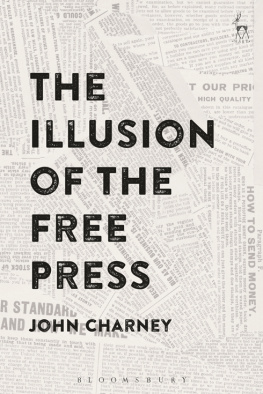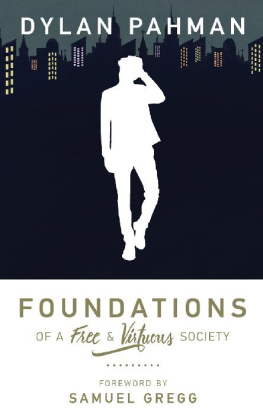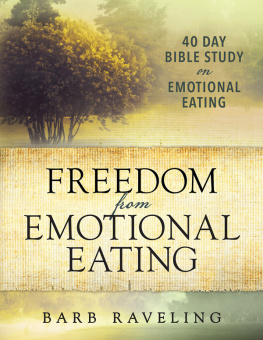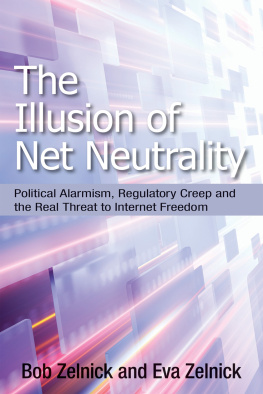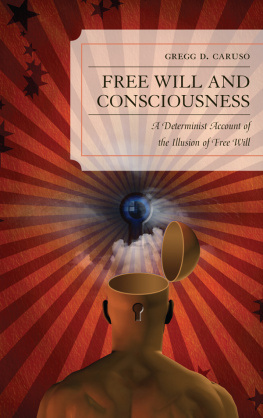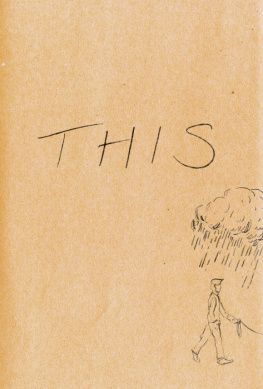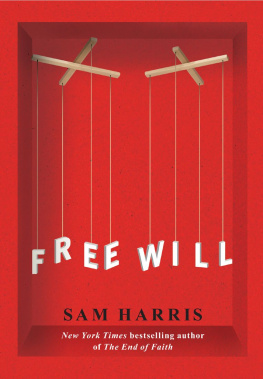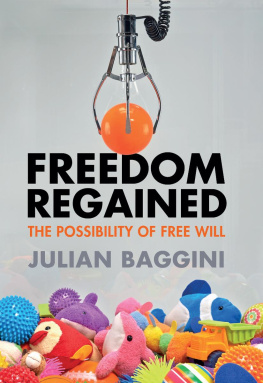Contents

THE ILLUSION OF THE FREE PRESS
This book explores the relationship between truth and freedom in the free press. It argues that the relationship is problematic because the free press implies a competition between plural ideas, whereas truth is univocal. Based on this tension the book claims that the idea of a free press is premised on an epistemological illusion. This illusion enables society to maintain that the world it perceives through the press corresponds to the world as it actually exists, explaining why defenders of the free press continue to rely on its capacity to discover the truth, despite economic conditions and technological innovations undermining much of its independence. The book invites the reader to reconsider the philosophical foundations, constitutional justifications, and structure and functions of the free press, and whether the institution can, in fact, realise both freedom and truth. It will be of great interest to anyone concerned in the role and value of the free press in the modern world.
The Illusion of the Free Press
John Charney

OXFORD AND PORTLAND, OREGON
2018
Hart Publishing
An imprint of Bloomsbury Publishing Plc
Hart Publishing Ltd Kemp House Chawley Park Cumnor Hill Oxford OX2 9PH UK | Bloomsbury Publishing Plc 50 Bedford Square London WC1B 3DP UK |
www.hartpub.co.uk
www.bloomsbury.com
Published in North America (US and Canada) by
Hart Publishing
c/o International Specialized Book Services
920 NE 58th Avenue, Suite 300
Portland, OR 97213-3786
USA
www.isbs.com
HART PUBLISHING, the Hart/Stag logo, BLOOMSBURY and the
Diana logo are trademarks of Bloomsbury Publishing Plc
First published 2018
John Charney 2018
John Charney has asserted his right under the Copyright, Designs and Patents Act 1988 to be
identified as Author of this work.
All rights reserved. No part of this publication may be reproduced or transmitted in any form or by any
means, electronic or mechanical, including photocopying, recording, or any information
storage or retrieval system, without prior permission in writing from the publishers.
While every care has been taken to ensure the accuracy of this work, no responsibility for loss or damage
occasioned to any person acting or refraining from action as a result of any statement
in it can be accepted by the authors, editors or publishers.
All UK Government legislation and other public sector information used in the work is Crown Copyright .
All House of Lords and House of Commons information used in the work is Parliamentary Copyright .
This information is reused under the terms of the Open Government Licence v3.0 (http://www.
nationalarchives.gov.uk/doc/open-government-licence/version/3) except where otherwise stated.
All Eur-lex material used in the work is European Union, http://eur-lex.europa.eu/, 19982018.
British Library Cataloguing-in-Publication Data
A catalogue record for this book is available from the British Library.
ISBN:HB:978-1-50990-887-5
ePDF:978-1-50990-889-9
ePub:978-1-50990-888-2
Library of Congress Cataloging-in-Publication Data
Names: Charney, John, author.
Title: The illusion of the free press / John Charney.
Description: Oxford [UK] ; Portland, Oregon : Hart Publishing, 2018. | Includes bibliographical references and
index. | Description based on print version record and CIP data provided by publisher; resource not viewed.
Identifiers: LCCN 2017045282 (print) | LCCN 2017045671 (ebook) |
ISBN 9781509908882 (Epub) | ISBN 9781509908875 (hardback : alk. paper)
Subjects: LCSH: Freedom of the press. | Freedom of speech. | Truth.
Classification: LCC K3255 (ebook) | LCC K3255 .C43 2017 (print) | DDC 342.08/53dc23
LC record available at https://lccn.loc.gov/2017045282
Typeset by Compuscript Ltd, Shannon
To find out more about our authors and books visit www.hartpublishing.co.uk. Here you will find extracts,
author information, details of forthcoming events and the option to sign up for our newsletters.
To Constanza and Rita
On 30 October 1938, Orson Welles aired over the Columbia Broadcasting System an adaptation of HG Wellss science-fiction novel, The War of the Worlds. The adaptation consisted of a 60-minute radio programme, in which simulated press bulletins were inserted over a regular musical show being broadcast live from New Yorks Park Plaza Hotel. These bulletins interrupted the show on a regular basis, with increasingly alarming news about a series of strange events connected with a burning object that had allegedly fallen from the skies and landed somewhere in New Jersey. What was considered at the beginning of the show by (fake) scientists interviewed by (fake) reporters to be the most improbable explanation of such events, turned out to be the fatal outcome: Martians (and not the good sort) were invading the Earth.
Some speculation about the reaction of the public to the programme, and more specifically about the extent to which panic took over listeners in New York and other American and Canadian cities, followed the show. Sceptics claimed that fewer than 20 per cent of listeners believed that the Earth was actually under Martian attack. Regardless of disputes over the scale of the effect that the programme had on its listeners, there was no doubt about the underlying message behind it. Welless experiment not only clearly showed the power that technology could exert over its audiences, at a time when people were only beginning to get used to the effects of technological progress, but also warned about the potential for the media to deceive the public. By describing a non-reality, opening a chasm between media descriptions of reality and the reality they describe, Welles revealed the distance that separates these two realms and exposed the fragility of one of the central institutions of liberal democracies. He was severely criticised for attempting to undermine confidence in the system and had to make public apologies.
It has shown, among many other things, that the property of the means of communication is concentrated in a few hands, that the press responds to the interests of those who finance it (advertisers) and that these last are not necessarily aligned with the public interest but are sometimes in open contradiction. From this point of view, the CPEP has argued that the press is not free and independent but is subject to a series of financial, economic and political constraints, which necessarily affect its communications and hence the way in which it portrays social reality. The free press is thus a mere illusion, a deceptive idea of what it really is. The central purpose of the CPEP is thus to unveil the illusion, to show the real face of the press in order to raise awareness and consciousness about the distance separating appearances from reality.
Other thinkers, usually associated with the postmodern tradition, have argued, on the other hand, that the inability of the media to represent reality as it is, exceeds the material conditions in which it functions. Their point is that regardless of the way in which it is structured, the media will never be able to reproduce reality because reality is not reproducible. From an ontological perspective, the argument is that the world (in the broad sense of the term) is pure chaos, pure antagonism, and that any effort to give meaning or sense to it will always be condemned to failure. The texture of reality is, in other words, so different from the texture of language that the latter is not only unable to reproduce it, it cannot even represent it. Any representational attempt is viewed as the consequence of power struggles, where disputing forces fight to construct a reality that best fits their interests, with the aim of making those constructions the dominant view of reality. Accordingly, representations of reality are mere illusions. At best, they would only show the power interests involved in those representations.

